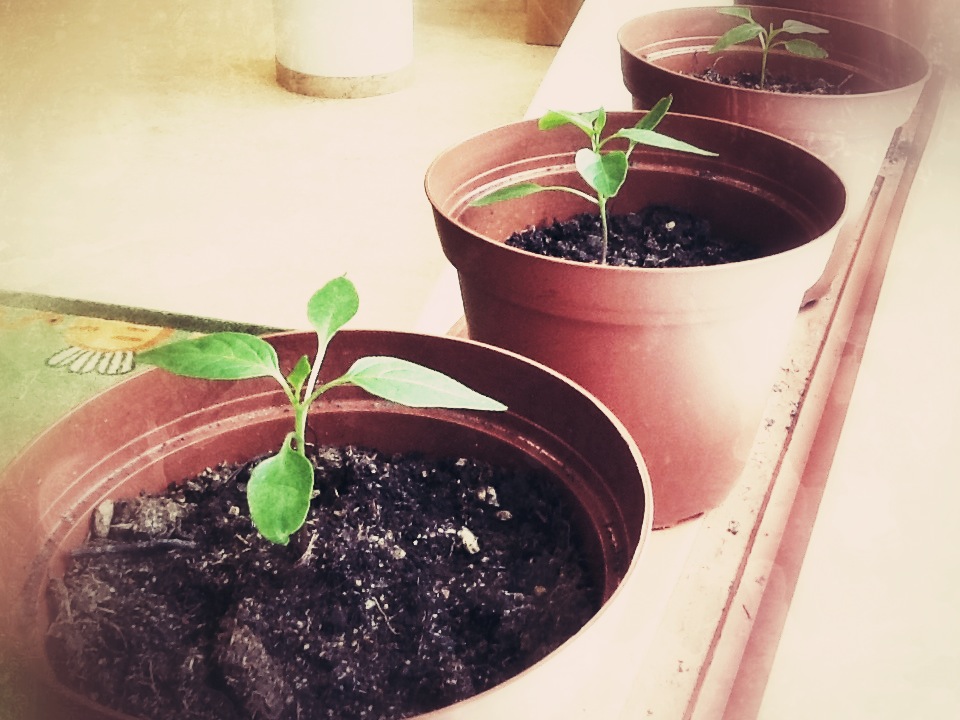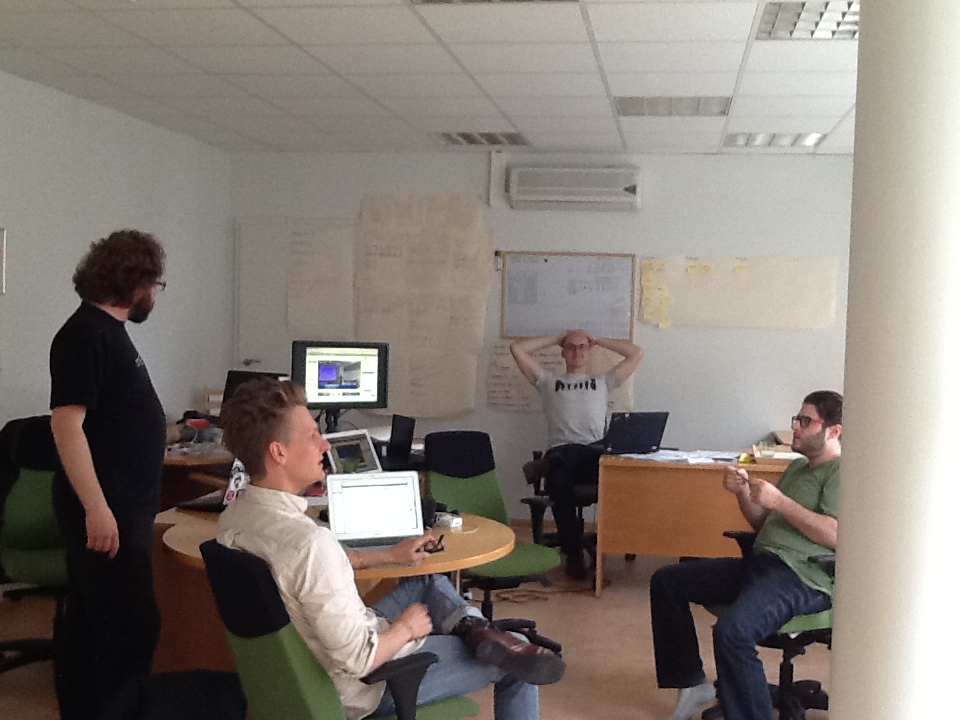I’m beginning to think that I want to store two broad categories of content on my #indieweb site, content which is defined by the time it occurred/is published and content which is primarily defined by some other attribute.
Examples of content defined by time, which at the moment I’m using notes for:
- short, tweet-like notes
- (often) ideas
- checkins
- bits of personal data like #steps, #rubbish, sleep or other quantified self-type things
- replies
- photos
- some longer written pieces
- assorted other location data e.g. journeys, runs, walks
Examples of content primarily defined by things other than time:
- essay-like articles
- experiments and tools
- venues
- profile data
- contacts/people — although this is a tricky one which requires further experimentation


 Aaron Parecki
Aaron Parecki